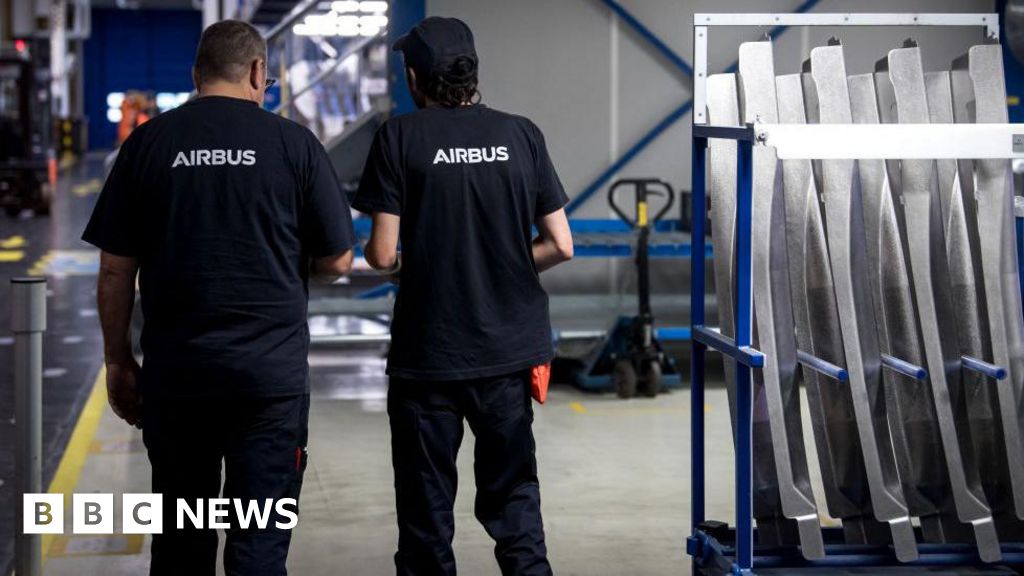In September, Salesforce CEO Marc Benioff told Fortune that his company was making a “hard pivot” to its new AI agent platform Agentforce. Thousands of customers would attend workshops at the business software maker’s annual conference to learn how to use the technology, which lets users quickly build AI-powered agents that can make decisions and act on information including automating customer service tasks. And he set a goal of tens of thousands of customers using the product in their operations by January 2025.
That may seem like a tall order, but at least for now, Salesforce’s investors have faith. After the company reported its quarterly earnings yesterday (which included 80 mentions of Agentforce during a call with Wall Street analysts) its shares climbed 11% to a record high.
Revenue in the company’s third fiscal quarter grew 8% year over year to $9.44 billion. Its net income was $1.5 billion, up 25% from $1.2 billion a year ago.
However, investor enthusiasm will only last so long, and Wall Street will want proof that Salesforce’s big spending on its AI efforts—the company has not disclosed a specific total—will pay off over the long-term. That means Salesforce must hustle to actually sell Agentforce to meet its goals.
It’s a critical test for the company as it tries to compete in what has become an all-important market for AI products. Every major software company, from Big Tech behemoths like Microsoft and Google to large players like SAP and ServiceNow, is racing to cash in on what is expected to be a huge future payoff.
During the call with analysts, Benioff said Salesforce had already “delivered 200 deals” on Agentforce, which became generally available on October 24, adding that “our pipeline is incredible for future transactions.” He also confirmed that the company was hiring 1,000 to 2,000 more salespeople to help spread the Agentforce gospel. “We not only maximized our productivity of our current Salesforce over the last couple of years, but we just need to grow and expand to reflect this incredible distribution opportunity,” he said.
But how Agentforce will fare with customers remains to be seen. Salesforce is optimistic about demand for the product, but Benioff admitted Agentforce was not a “material contributor” to the just-ended quarter’s so-called cRPO. The metric is a key indicator of customer uptake, reflecting future revenue under contract that has yet to be recognized. Agentforce’s underwhelming impact isn’t expected to change for the current quarter. That’s because the technology is still dwarfed by Salesforce’s other products that rake in $37 billion in annual revenue. “We’re still at the very beginning of this journey,” Benioff said.
Yet, Benioff was already touting the next stage of the journey on the earnings call on Tuesday, with a planned launch of what he called Agentforce 2.0 on December 17. Presumably, all of those new salespeople will be out, well, in force.
Credit: Source link










